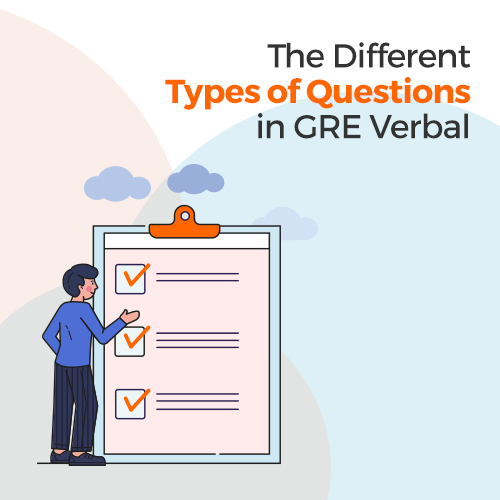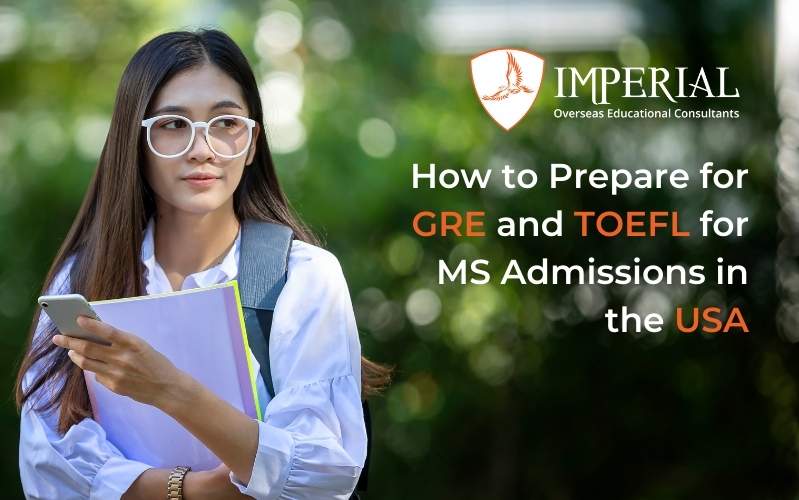
The Different Types of Questions in GRE Verbal
For the students planning to pursue their higher education, the Graduate Record Examinations, more popularly known as GRE, is a requisite for admission in US universities and a lot of other top universities across the world. If you are one of those students, this description of the different types of questions you can expect in the Verbal section of the GRE should be useful. Keep in mind that while in the first look these names sound familiar and simple, one needs a lot of practice to understand the GRE tricks and get the right answers.
TEXT COMPLETION
As the name suggests, you will have to complete a sentence or a paragraph with 1 to 3 blanks. The difficulty level of the question is directly proportional to the number of blanks in it. Another indicator of the difficulty level of such questions is the set of words given as the answer choices. Sometimes, despite having worked on vocabulary with full sincerity, one can still find new words in the questions or answer choices. One sure shot way of cracking this kind of questions is building your vocabulary as much as possible.
SENTENCE EQUIVALENCE
This is also a “fill in the blanks†sort of question; just that there are 2 right answers for every blank. How does that work? This is where our knowledge of synonyms comes to play. While studying the vocabulary, one needs to remember as many synonyms as possible with every new word. The synonyms are also new in most cases. However, there are some questions wherein the 2 right answers are not exactly synonymous to each other but when put the blank separately, make the sentences complete. These can be slightly trickier.
READING COMPREHENSION
The third type of question is more of a test of one’s reading and analytical abilities. Upping one’s reading game is imperative to push the scores of the Verbal section, and to fare better in this type of question particularly. This is pretty much like the comprehension passages we had in school from which we had to look for the right answers. Just that these passages are mostly picked up from the graduate course material of the US universities, making the language esoteric. There are some basic types in which the questions of the reading comprehension can be categorized but we will delve into that later.
Now that you know about the kinds of questions you can expect in the Verbal section of the GRE, only one thing remains to be highlighted: the importance of practice. We, at Imperial Overseas, have a team of expert trainers who can make your journey of GRE prep smooth and effective. For any kind of information regarding our course and packages, please feel free to contact me.
Ms. Neelanjana Sarkar
Trainer & Counsellor
Imperial Overseas Education Consultants
neelanjanas@imperial-overseas.com



